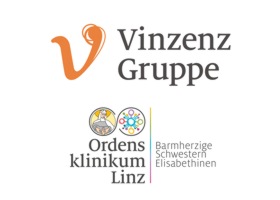Rutter, K, Hofer, H, Beinhardt, S, Dulic, M, Gschwantler, M, Maieron, A, Laferl, H, Stättermayer, A F, Scherzer, T-M, Strassl, R, Holzmann, H, Steindl-Munda, P und Ferenci, P
(2013)
Durability of SVR in chronic hepatitis C patients treated with peginterferon-α2a/ribavirin in combination with a direct-acting anti-viral.
Alimentary pharmacology & therapeutics, 38 (2).
pp. 118-23.
ISSN 1365-2036
Für diesen Eintrag wurde kein Volltext-Dokument angefügt.
Kurzfassung
BACKGROUND
The introduction of direct-acting anti-virals has increased sustained virological response (SVR) rates in chronic hepatitis C genotype 1 infection. At present, data on long-term durability of viral eradication after successful triple therapy are lacking.
AIM
To evaluate the long-term durability of viral eradication in patients treated with triple therapy, including direct-acting anti-virals.
METHODS
Patients who participated in randomised, controlled trials or an extended access programme of treatment with peginterferon-α2a/ribavirin in combination with a direct-acting anti-viral (telaprevir, danoprevir, faldaprevir, simeprevir, mericitabine, balapiravir) were followed after achieving SVR. The median follow-up after the patients was 21 (range: 7-64) months.
RESULTS
One hundred and three patients with chronic hepatitis C genotype 1 infection [f/m: 34/69; GT-1b: 67 GT-1a: 34, GT-4: 2; mean age: 47.6 years (45.5-49.7; 95% CI)] achieving a SVR triple therapy were followed. Two cases of late relapses (2/103, 1.9%; 95% CI: 0.24-6.8) were observed. One patient was cirrhotic, both carried the genotype 1b and completed the prescribed treatment. The relapses occurred 8 and 12 months after cessation of anti-viral treatment. Cloning sequencing revealed identical sequence in both patients. Resistance analysis revealed no presence of viral resistance.
CONCLUSION
Like the SVR after peginterferon-α2/ribavirin combination treatment, HCV eradication after triple therapy remains durable after long-term follow-up.
Actions (login required)

- Eintrag anzeigen


 Tools
Tools Tools
Tools